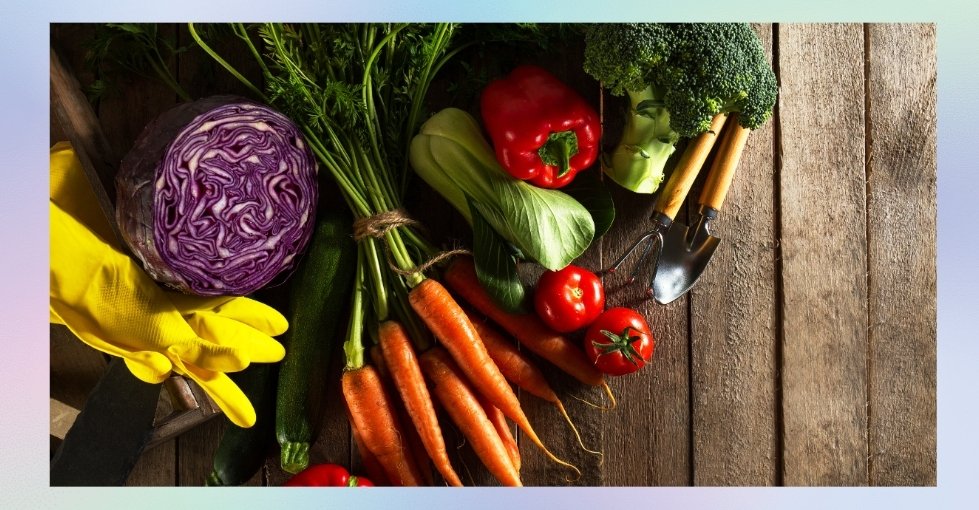
Vegetables are often celebrated for their health benefits, being rich in essential nutrients, vitamins, and antioxidants. However, hidden beneath their virtuous reputation lies a less-discussed truth – the dark side of veggies. While they may seem innocent, some vegetables harbor surprising traits that might not be as beneficial as we once thought. In this article, we will shed light on the sinful nutrition lurking in certain vegetables and explore their potential downsides. As with any aspect of nutrition, moderation and knowledge are key to maintaining a balanced and healthy diet.
1. Potatoes – The Hidden Carbohydrate Trap
Potatoes are a staple in many diets, enjoyed in various forms such as fries, mashed, or baked. Despite their popularity, potatoes come with a dark side – their high carbohydrate content. Consuming excessive amounts of potatoes can lead to spikes in blood sugar levels, potentially contributing to insulin resistance and weight gain. Additionally, deep-frying potatoes to make fries or chips adds unhealthy fats, making them even more problematic. To enjoy potatoes without succumbing to the dark side, opt for moderate portions and healthier cooking methods like baking or boiling.
2. Spinach – The Notorious Oxalate Culprit
Spinach is praised for its high iron and vitamin content, but it also contains a significant amount of oxalates, natural compounds that can hinder mineral absorption. Oxalates may contribute to the formation of kidney stones, particularly in individuals prone to kidney issues. While spinach is undoubtedly nutritious, it’s crucial to balance its consumption with other greens low in oxalates. Steam or cook spinach to reduce oxalate content and improve nutrient absorption.
3. Tomatoes – The Acidity Quandary
Tomatoes are an excellent source of vitamin C, potassium, and antioxidants. However, they also have a dark side – their acidity. The high acidic content in tomatoes can aggravate heartburn and acid reflux in some individuals. People with sensitive stomachs or gastroesophageal reflux disease (GERD) should moderate their tomato intake or opt for low-acid tomato varieties. Cooking tomatoes can also help reduce their acidity, making them gentler on the digestive system.
4. Carrots – The Sugar Overload
Carrots are revered for their beta-carotene content, which converts to vitamin A in the body. However, they also contain natural sugars, making them higher in carbs than some might expect. Consuming large quantities of carrots can lead to increased sugar intake, potentially impacting blood sugar levels. While carrots are undoubtedly nutritious, individuals with diabetes or those watching their sugar intake should enjoy them in moderation and balance them with a variety of other vegetables.
While vegetables undoubtedly offer an array of health benefits, it’s essential to be aware of their potential dark sides. By understanding the downsides of certain veggies, we can make informed choices to maintain a balanced and nutritious diet. Moderation is key when consuming any food, including vegetables, and balancing our intake ensures we get the best out of each veggie while avoiding potential pitfalls. So, let’s embrace the goodness of vegetables while staying mindful of their sinful nutrition, making way for a healthier and more informed approach to our diet and overall well-being.